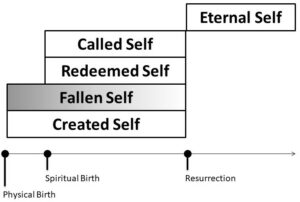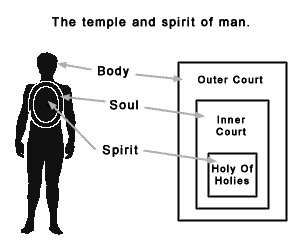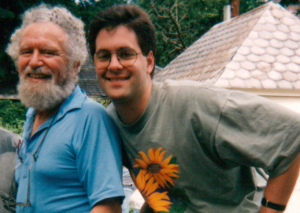Yes, that is the sesquipedalian title of my Master’s thesis, and what was funny is that our final paper’s title was read out loud at…
In Spiritual Disciplines for the Christian Life (1991), Don Whitney provides a thorough and thoughtful catalog of the many possible and prescribed disciplines of the…
In The History of Theological Education (2015), historian Justo Gonzalez examines the historical events and ideologies that influenced the Christian approach to theological and general education, as well as the interplay between secular and Christian historical trends in education.
In The Fate of the Human Spirit in an Age of Disbelief (2006), Huston Smith (d. 2016), the lifelong religion scholar and Professor of Philosophy argues for the ongoing importance of religion despite modern trends towards disbelief and materialism. Though…
The question of how Christians can and should approach our interaction with believers from other faith traditions is an important theological, if not tactical issue…
Augustine wrote The Trinity over twenty years, ending with a text so enormous that it was published in parts, in rough form, and later revised…
Augustine wrote The Trinity over twenty years, ending with a text so enormous that it was published in parts, in rough form, and later revised…
Augustine lived through what became obvious was the end of the millennium-long Roman empire. It would seem hard to fathom that such a kingdom could ever end, but this decline helped Augustine realize that all human kingdoms end, but God’s kingdom does not.
Augustine’s work Confessions is one of his major works, and includes not only timeless wisdom comparing this world to the kingdom that is coming, it introduces such imporant concepts as original sin, the timelessness of God, and our disordered loves.
1. Thagaste: The Childhood of Augustine One of the most important influences on any human being is the character and quality of their parents and…
In Evangelical circles, self-love is an idea and practice often viewed with suspicion, if not outright hostility, most often being equated with selfishness. Little distinction…
Therefore, let us leave the elementary teaching about Christ and go on to maturity, not laying again a foundation of repentance from dead works, faith…
The Triadic (a.k.a. “tripartite”) model of Biblical anthropology declares that humans are composed of three distinct parts – spirit, soul, and body (1 Thes. 5:23).…
In Created in God’s Image (1994), Anthony Hoekema (1913-1988) appraises Biblical anthropology in a comprehensive way, but also brings to light modern thinking on the…
The current majority view in evangelical Christendom regarding the makeup of man is dualism, that is, two components, the physical (body) and the immaterial (soul…
Alvin Plantinga is a modern luminary of philosophy, known especially for his successful defeater for the logical problem of evil, a truly historic achievement in…
In Our Idea of God, Thomas V. Morris explores how we might think about understanding the idea and person of God without the Bible. He…
A Little Book for New Philosophers: Why and How to Study Philosophy, by philosopher and apologist Paul Copan was, for this aspiring philosopher, an inspiring…
In Christian leadership and laity, the word “inerrancy” is often misunderstood because it is ambiguous until it is well defined and qualified by a handful of important attributes. For the sake of clarity in writing and discussion, this paper defines a usable taxonomy based on four attributes, bifurcated into mutually exclusive values, including precision (Empirical vs. contextual), scope (Total v. limited), specificity (Verbal v. dynamic), and locus (Original v. subsequent). Through examination of the sixteen possible and impossible combinations, four highly probable inerrancy types are identified as worthy of further discussion and use, named Literal, Semantical, Devotional, and Metaphorical inerrancy. In conclusion, some possible avenues for further development of the attributes, and quantification of individual commitment to these types are suggested.
In Delighting in the Trinity: An Introduction to the Christian Faith, author Michael Reeves attempts to present the doctrine of the triune God as a…
1.0 Introduction Biblical Theology (BT) is a relatively recent approach to hermeneuticsThe theory and methodology of interpretation, especially the interpretation of biblical texts, wisdom literature,…
Introduction In Misreading Scripture with Western Eyes, authors Richards and O’Brien offer many reasons why Western Christians may be misunderstanding scripture because they are imposing…
This paper was written as a final assignment for my M. Div. program at Fuller Theological Seminary, for the class IS502 – The Practice of…
1. A Brief History of My Communities My childhood was spent within a family whose ideology can be characterized as agnostic, scientific, and feminist. My…
At the time of this writing, the fear and loathing of Islam is growing in the West, and has been for over a decade since…
I chose to study and follow up on this Buddhist teacher and style of meditation because of all the spiritual disciplines, I feel that this…

























